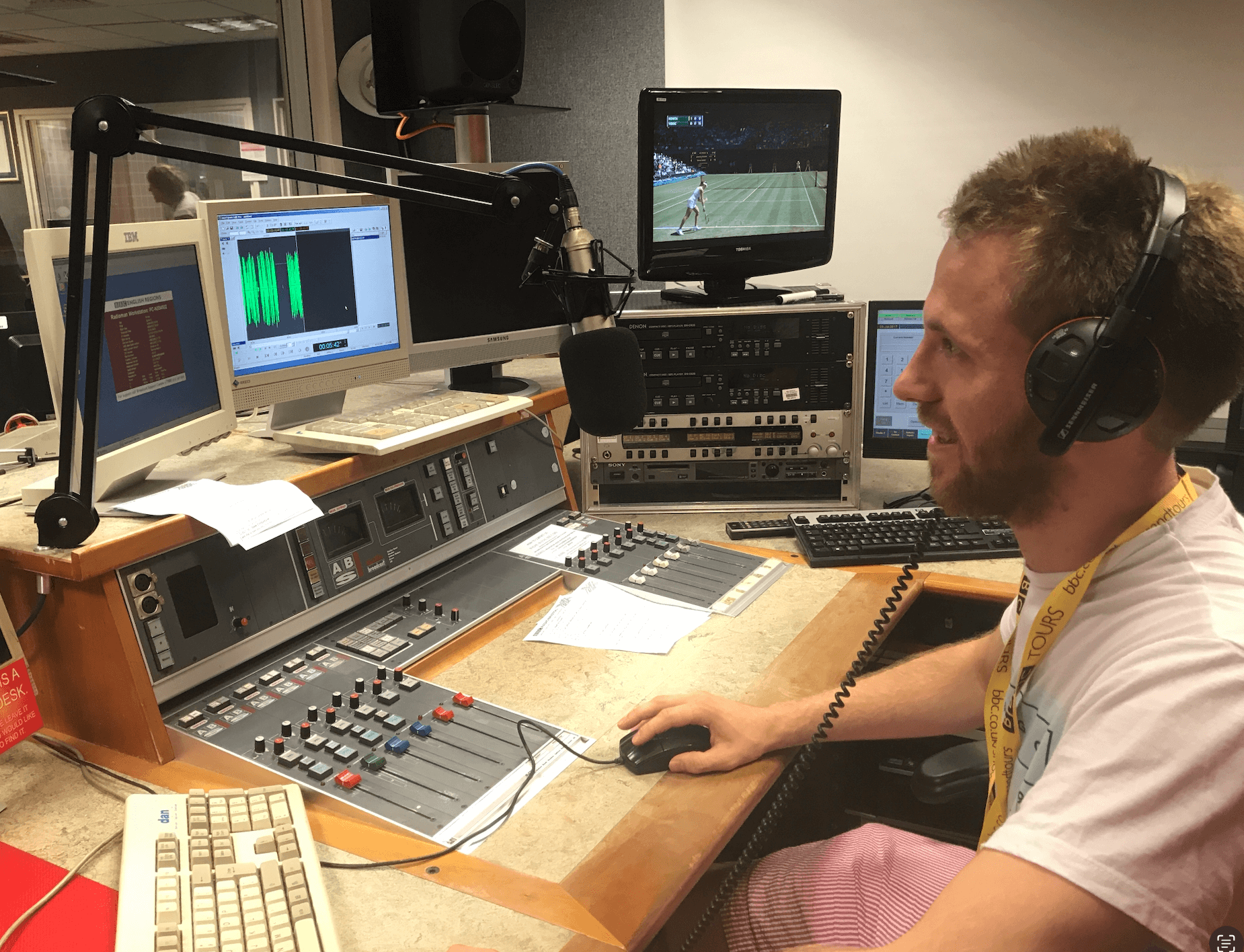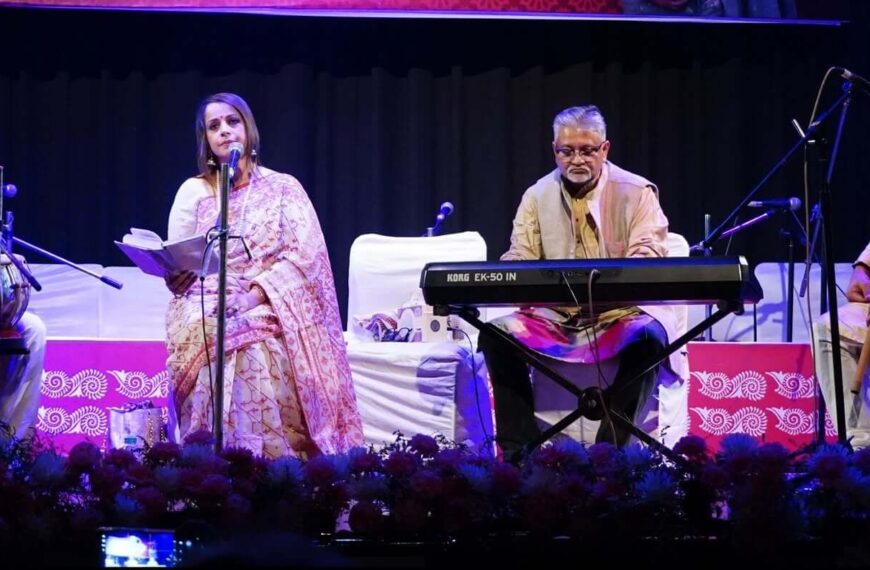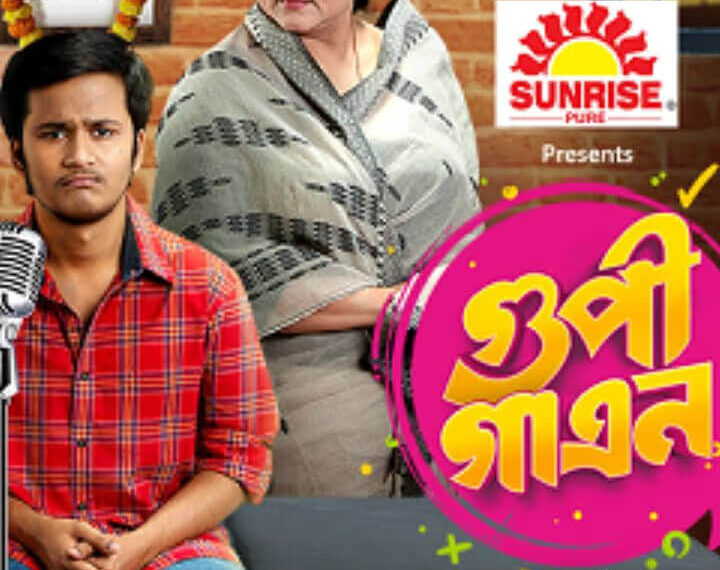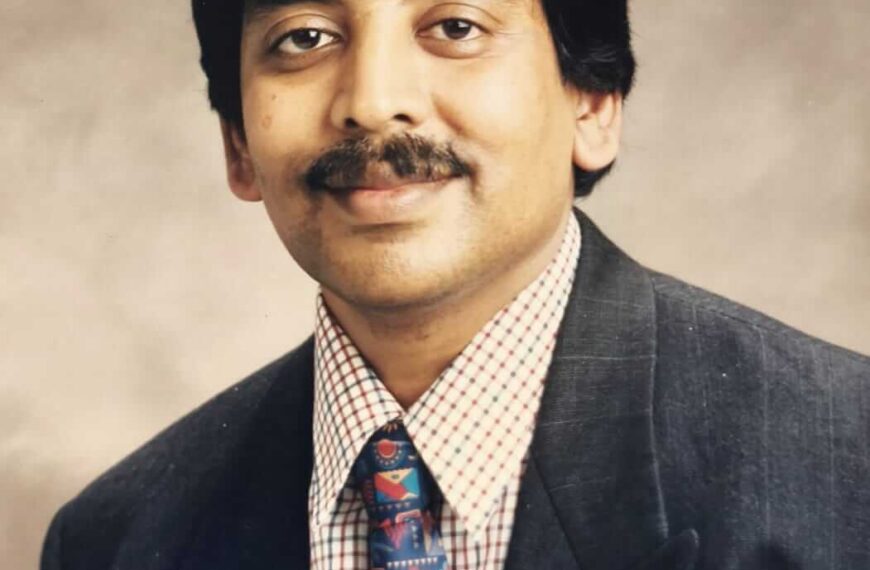Sukanya interviews Joe Galuszka, a versatile British musician known for his composition, conductor, and instrumental skills who has won numerous prestigious awards for his work. Here’s an exclusive for Different Truths.
Joe Galuszka is an emerging British composer, conductor, and instrumentalist. He hails from a brass band background and has written several works for chamber groups, brass bands, and independent films. His score for the Australian wildlife documentary Firekeepers of Kakadu won the London Independent Film Awards in October 2020 and received a Bronze Medal at the Global Music Awards 2021.
Inspired by listening to his grandfather play the organ from a young age, Joe entered the world of music during school, learning the trumpet while also teaching himself piano. Upon leaving school, Joe enrolled at Canterbury Christ Church University, where he gained a 2:1 in music, having studied under composer Paul Edlin, Paul Patterson and the late Master of the Queen’s Music, Sir Peter Maxwell Davies. With his work for string orchestra ‘Adventures’ premiering in 2012, Joe went on to form and conduct the University Brass Ensemble and composed and arranged music for the bi-annual graduation ceremonies at Canterbury Cathedral.
Returning to education in 2017, Joe later enrolled at the University of Bristol to study his MA in Composition in Music for Film and Television, studying under eminent composers for television, Martin Kiszko and William Goodchild, and is currently studying with the composer for the BAFTA-award winning Netflix series ‘The Crown’, Martin Phipps. As an instrumentalist, Joe freelances across the south-west of England; having performed with the Bristol Symphony Orchestra and the Flowers Band in Gloucester. He is a tutor and mentor with the National Children’s Orchestra of Great Britain.
Amongst his works for brass band, his tuba quartet ‘Pandemic’ claimed 1st Prize in When Tuba Come One’s International Composition Competition. Joe is set to release his first EP late this year, as well as a new work next year based on ‘The Liberation of Auschwitz’. He has also been commissioned by Arts Council England, to write a new work to celebrate 100 years of the Bristol-based Longwell Green Orchestra, ‘Centenary’ set for release in Autumn 2024.
SBM: Your career encompasses significant roles as a composer, conductor, and instrumentalist. Could you share how you balance these diverse aspects and whether one role influences the others?
JG: Well, it’s a great question! It’s difficult! I think for me music is one of those wonderful things that is all-encompassing and multi-dimensions, especially when making a livelihood is concerned! With composing, a lot of my pieces are often works that come to me as passion projects or, of course, commissioned work. Often this means that depending on whether it is written for a certain group, I’m often attached to the piece, meaning that as a conductor, I feel that connection too, where I am determined to bring it to an audience and interpret it as I see the work. As instrumentalists, we as performers often feel like we are a cog in the machine, a key ingredient, and it certainly is true that my playing of timpani with the Bristol Symphony Orchestra does inspire me to write works for certain mediums. It’s a tricky one to balance- but they all feel mutually complimentary to one another!
SBM: With a strong background in performing with top UK brass bands, how has this experience shaped your approach to music composition and conducting?
JG: Having played with some wonderful brass bands and having heard some top euphonium and tuba players, especially perform a work of mine, I’ve felt more inspired to write for the medium and, in turn, look to conduct brass bands soon. Having a brass band background, it feels like having had three or so works already published with Brookwright Music; my creative ‘juices’ feel like they are still flowing, and it has given me more of a focus and appetite as I have been able to see pieces that I have written, now published and performed and enter band libraries. For me, the biggest seal of approval is a conductor and ensemble’s choice to programme your music, and so this approval continues to hone my focus and reflect constantly on what pieces I could write next and in turn bring to audiences where I have a band or group myself that I feel able to perform it too.
SBM: As a conductor of various musical ensembles across the South West of England, what unique challenges and rewards does this role offer?
JG: The role of the conductor is so important, especially in amateur music making, where working with those whose full-time job is not music means a refined and sensitive focus on how to get the best from your members. Having worked now with the Winterbourne Wind Band and the Westbury Park Orchestra for over four years, the challenges of bringing out ‘newer and trickier’ music always pose a significant test to players who may share the right initial concerns on being able to tackle difficult music. Knowing how resilience is key and positive reinforcement from conductors makes a strong vehicle for success, the reward of knowing pieces can be conquered is a great one. My wind band Winterbourne performed a medley just recently in a concert of ‘Doctor Who’ and with it gave it their all. Knowing how hard the work felt to players initially, with persistence, praise, and positivity, I believed that over the few months, we worked on it evening in, evening out, rehearsal, and hard work paid off! This makes the conductor feel like their efforts are worthwhile.
SBM: You’ve composed music for both the concert hall and the screen. How do you approach composing for these different venues, and what do you find most rewarding about each?
JG: Well, it’s a very different world writing music for the screen. As an audience, it’s so important that the music isn’t overpowering, so, I try to make sure I’m mindful of the subtlety music should play. When audiences tell you that they felt the music connected emotionally with them in the film and didn’t take over the visual, that’s a sign of success! For orchestral and brass bands, I think it has to have a tune! That’s certainly what players say. I think if they like it and can appreciate the rationale as to why a piece is written, then you’ve done your job.
SBM: Your project ‘Building Bridges’ features orchestral composition. Could you discuss the inspiration behind this piece and the process of bringing it to life?
JG: This was a tough project, but one that I felt emotionally spoke to me and needed to have the right music for the film. Working with the director on this, one of the challenges was approaching delicately the story of the short, the director in question meeting her mother after an absence of eight years and ‘building bridges’ with her, travelling from England to Spain to do this. I needed to make sure that the music was subtle and sensitive, and again, I felt the piano, as an instrument, delicately could do that and encapsulate some of the difficulties around the theme of reacquaintance and reunion. The process was often getting clips to the team and getting them signed off, making sure they perhaps were not too overboard, and eventually, we managed to scale the final track, especially to something subdued and delicate. It was a wonderful score that particularly means a lot to me as a composer.
SBM: The theme of ‘Commencing Battle’, another orchestral work, suggests a vibrant narrative. What story were you aiming to tell with this composition, and what techniques did you use to convey it?
JG: This was another really enjoyable project—writing a trailer soundtrack for a prospective documentary on wargaming! Having had some temp tracks give me the immediate ‘feel’ of battle and challenge, cut to clips of cutthroat cookery, the director and I needed to make sure we got to the grittiness and gravity of wargaming as an industry and brought to life how big an industry it is. Knowing that the heavy, relenting orchestral strings could bring this to life, I was keen to bring something almost gladiatorial to the score and wanted to tell the story of power and monumental size to paint the games that the documentary picked up on such as Warhammer. I was pleased with this score, and it certainly for me was one where I felt I could conjure up this alternative sound world successfully with strings and percussion, and lots of it!
SBM: You are currently involved in several projects with bands, orchestras, and filmmakers. Can you share details about these collaborations and what they entail?
JG: Working on ‘Centenary’ for Longwell Green Orchestra, a commission for the 100th anniversary of the group’s existence, has been a great project that will culminate with its world premiere later this year. Knowing the importance of community music and being involved heavily in it as a performer and conductor myself, the work needs to have longevity, which means the work lasts far longer than its first and premiere performance. As a commissioned composer, it’s so important to make sure that you can paint the story of the group you are asked to collaborate with and make sure you bring all the intrinsic details available at your disposal to the final project. For me, I’ve learnt a great deal about the group, the geography and location of this orchestra in Bristol, and its rich history of conductors and players in the group over the decades. I’m looking forward to working with the group later this year! (2024!)
SBM: What have been some of the most significant challenges you’ve faced in your career, and how have you overcome them?
JG: Having had a knock earlier in my adult life with not being able to get into the Army as a tuba player in the Grenadiers/Coldstream Guards, at 24, I was disappointed on knowing that I had a place, that it was taken off me for a nut allergy! Since then and facing some difficulties with both my vision and mental health, I’ve turned more to composing and conducting over these last few years and re-assessed my musical image, asking what it is I want to be known for and what kind of music I want to write and direct. Having spent most of my adult life and some of my childhood in the brass band scene, I have taken a lot of this immersion in the genre into my newer ventures of writing work for orchestra and particularly in media. Overcoming these challenges for me has always been about resilience and lots of it. Knowing that in the earlier stages, no to little money is earned, it is for me always first about recognising the importance that turning a hobby into a job, something you love into something you rely on, is no mean feat, and is something that can feature knockback time and time again.
SBM: Looking ahead, are there any new musical frontiers or projects you are particularly excited to explore?
JG: Wanting to bring some of my Polish ancestry to my music! I am determined over these next few years to create more of an output for chamber music and orchestral music that encompasses themes such as the Liberation of Auschwitz, the Wars across the centuries, and the role of Europe in an ever-changing geopolitical landscape. For me, writing ‘Disinformation’ for a brass band and then seeing it performed by Solna Brass in Stockholm last year has been important in terms of getting groups to perform music with a political angle to provoke much-needed argument from the arts. Music has the power to change the world, and I’m a firm believer that as composers, we all play our part.
SBM: Finally, for those aspiring to a career in music, particularly in roles as diverse as yours, what advice would you offer?
JG: Go for it. Don’t let anyone talk down your dream, and if they do, brush it off. As a mentor at several universities in England, I frequently hear from students whose families or friends have advised them to leave music in favour of a more secure career. That may prove true, and especially in this time, we need to all take stock of the reality of an ever-changing world, but it is so important for us to also realise that a dream or a goal can be so important for us as a life choice—and to crush it ourselves at the wrong advice of others—is a decision that will stay with us forever!
Photos sourced by the interviewer






 By
By


 By
By